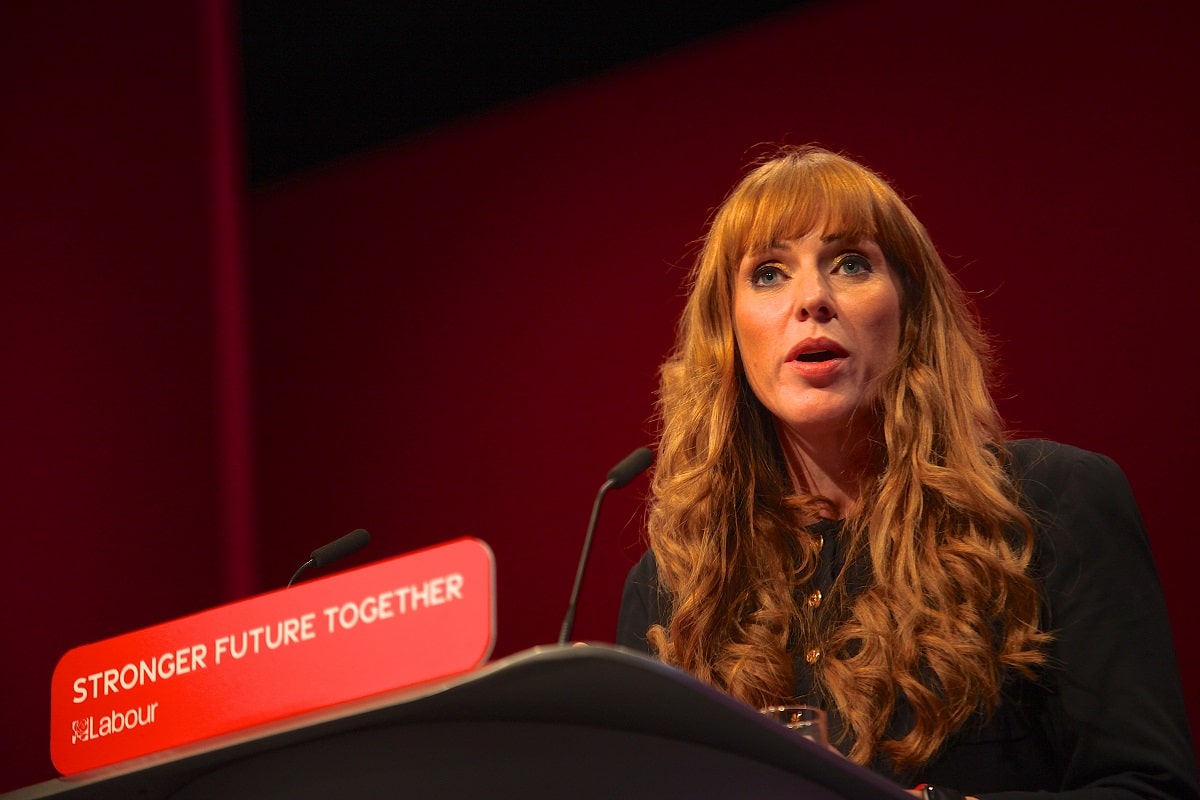The BBC’s multi-party election debate revealed no clear winner, as heated exchanges, criticisms of Prime Minister Sunak, and contentious discussions generated more heat than light. Here’s the full story.
No Clear Victor

The BBC’s multi-party election debate, featuring representatives from seven political parties, concluded with no clear victor emerging from the heated exchanges and cacophonous discussions.
Surprisingly Civil Debate

Remarkably, considering seven representatives were on stage, the debate did not descend into outright chaos, though there were a few standout moments.
Sunak’s Early Exit

One of the dominant topics of the night was Prime Minister Rishi Sunak’s controversial early departure from a D-Day commemoration in France.
Criticism of Sunak
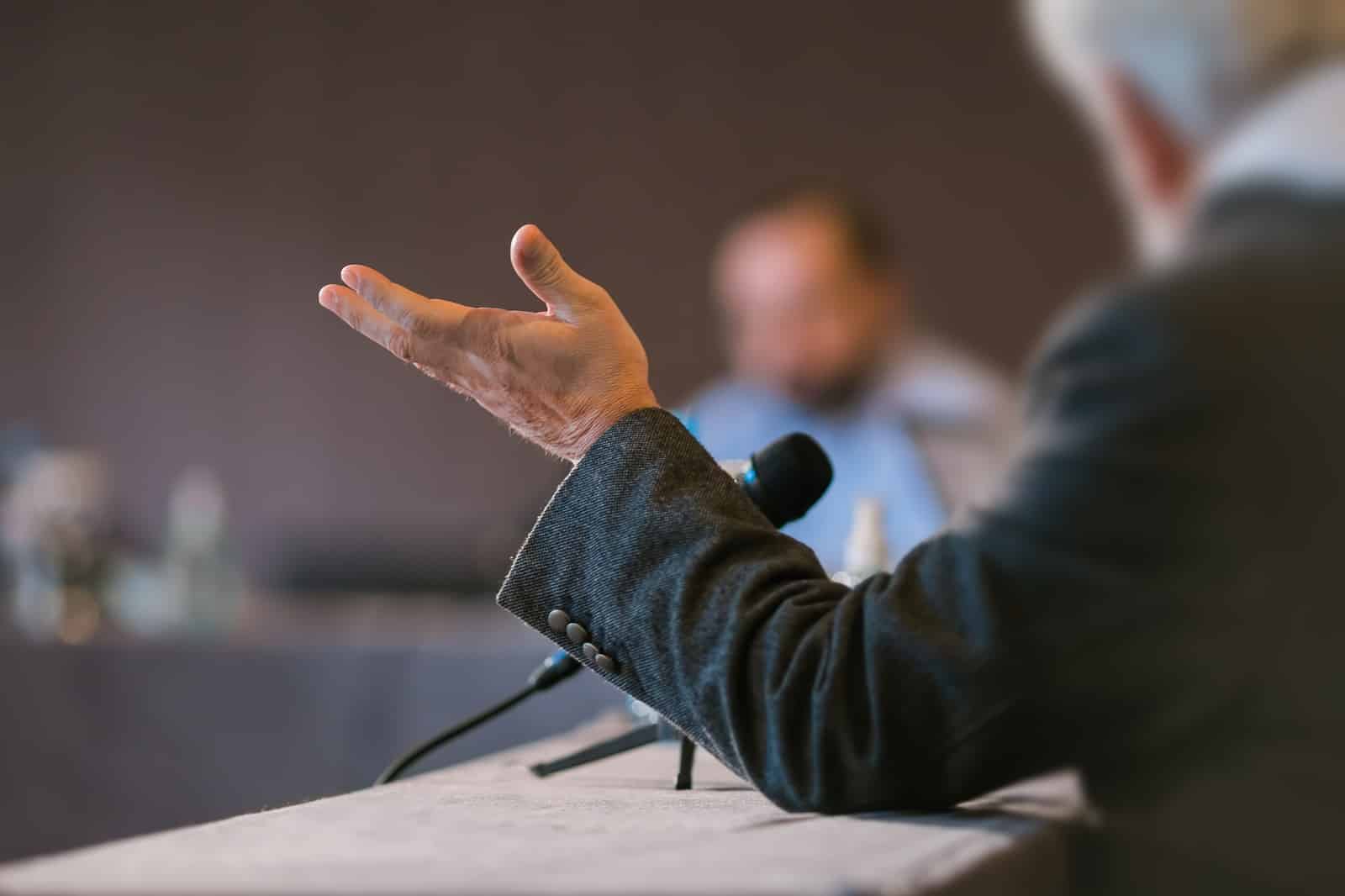
Several debate participants heavily criticised this decision, setting the tone for the evening.
Farage’s Strong Words
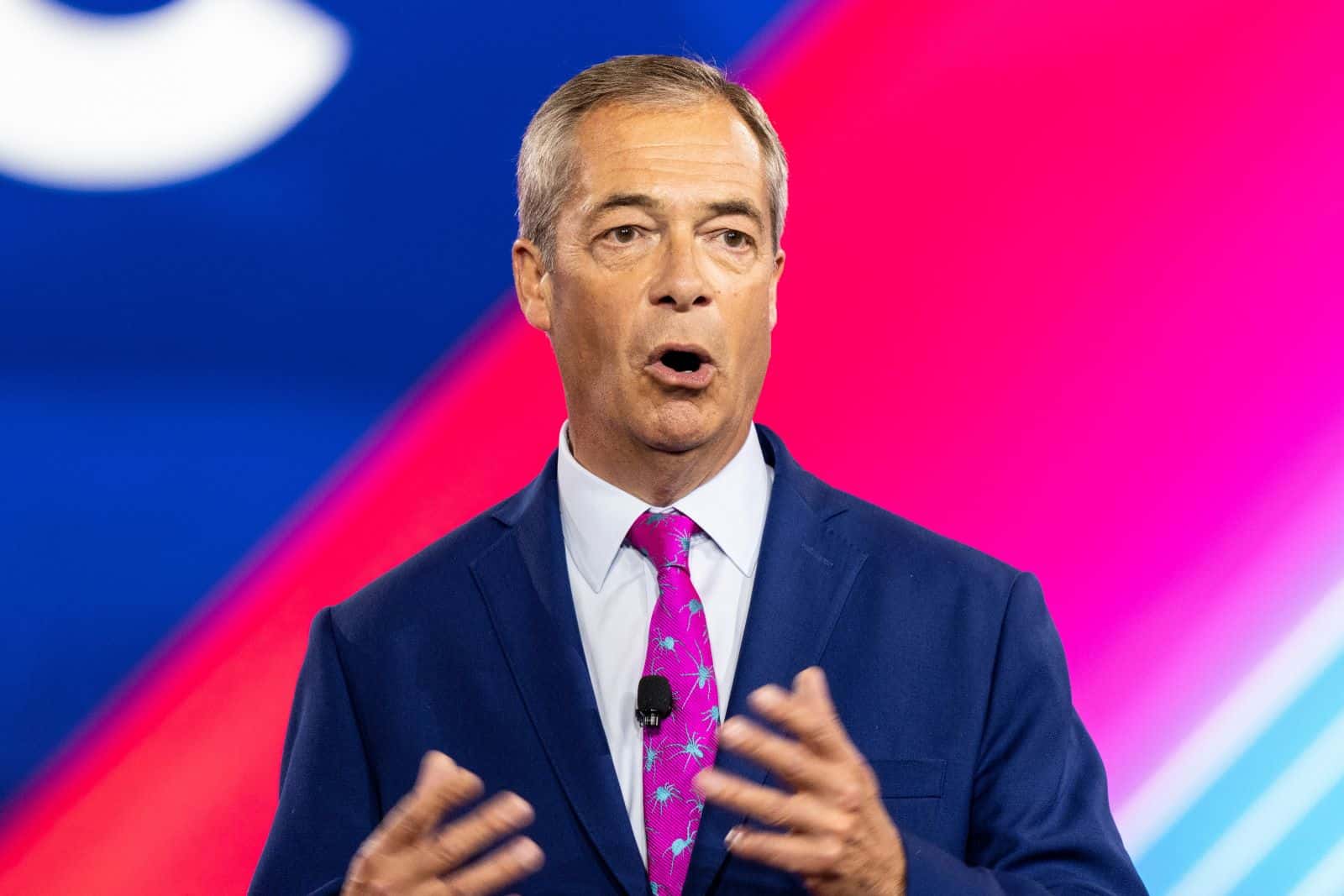
Reform UK leader Nigel Farage was quick to label the Prime Minister’s actions as “disgraceful” and accused him of abandoning veterans.
Cooper’s Personal Critique

Liberal Democrat deputy leader Daisy Cooper described Sunak’s exit as “politically shameful” and contrasted Sunak with her grandfather’s part in the Normandy landings.
Conservative Disapproval
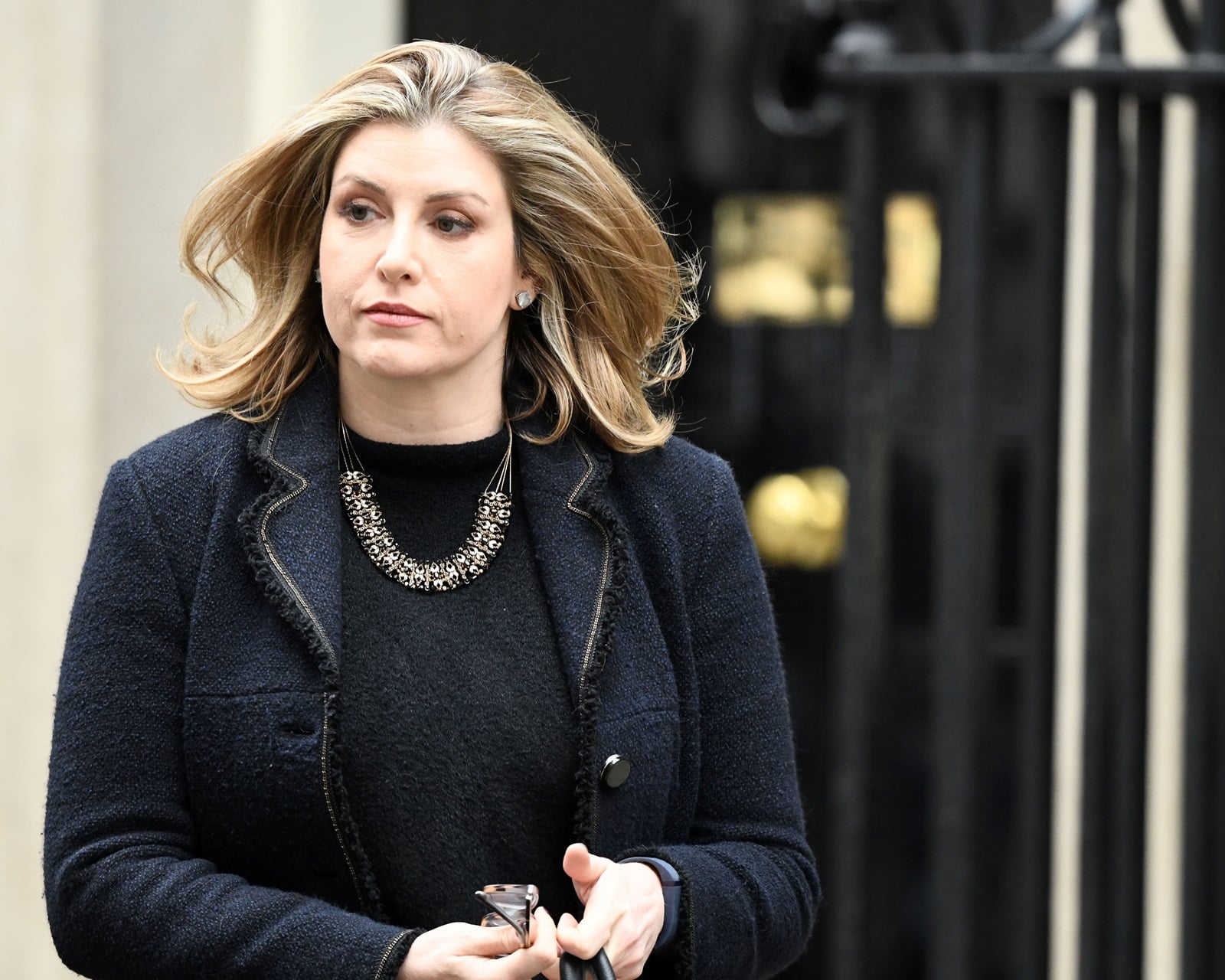
Even Conservative minister Penny Mordaunt, while more measured in her approach, did not shy away from expressing disapproval, stating that the Prime Minister’s actions were “completely wrong.”
Rayner vs. Mordaunt
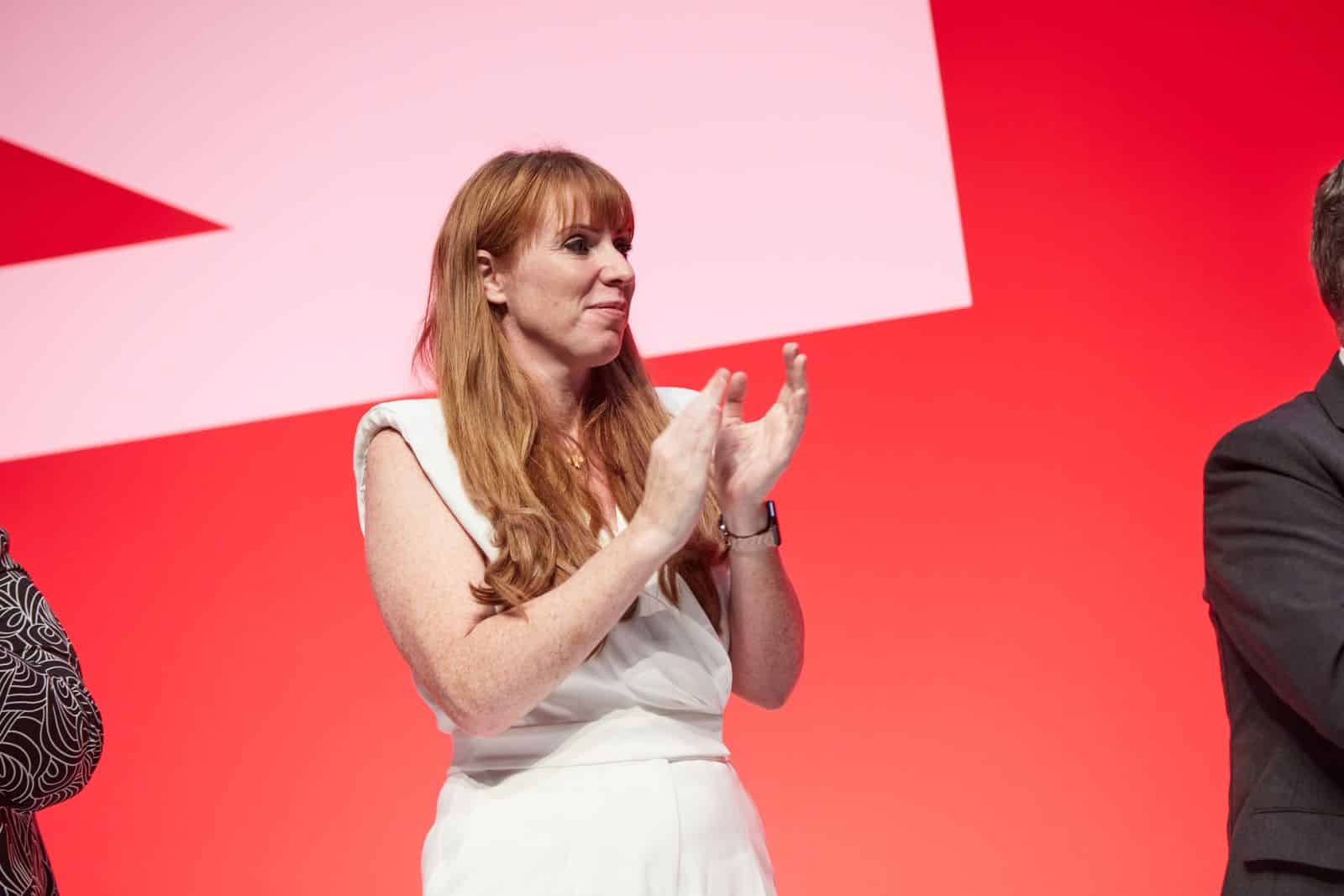
In a sign of things to come, with both women tipped to lead their respective parties one day, a significant portion of the debate was dominated by a fierce exchange between Labour’s Angela Rayner and Conservative Penny Mordaunt.
Debate Turns Battleground
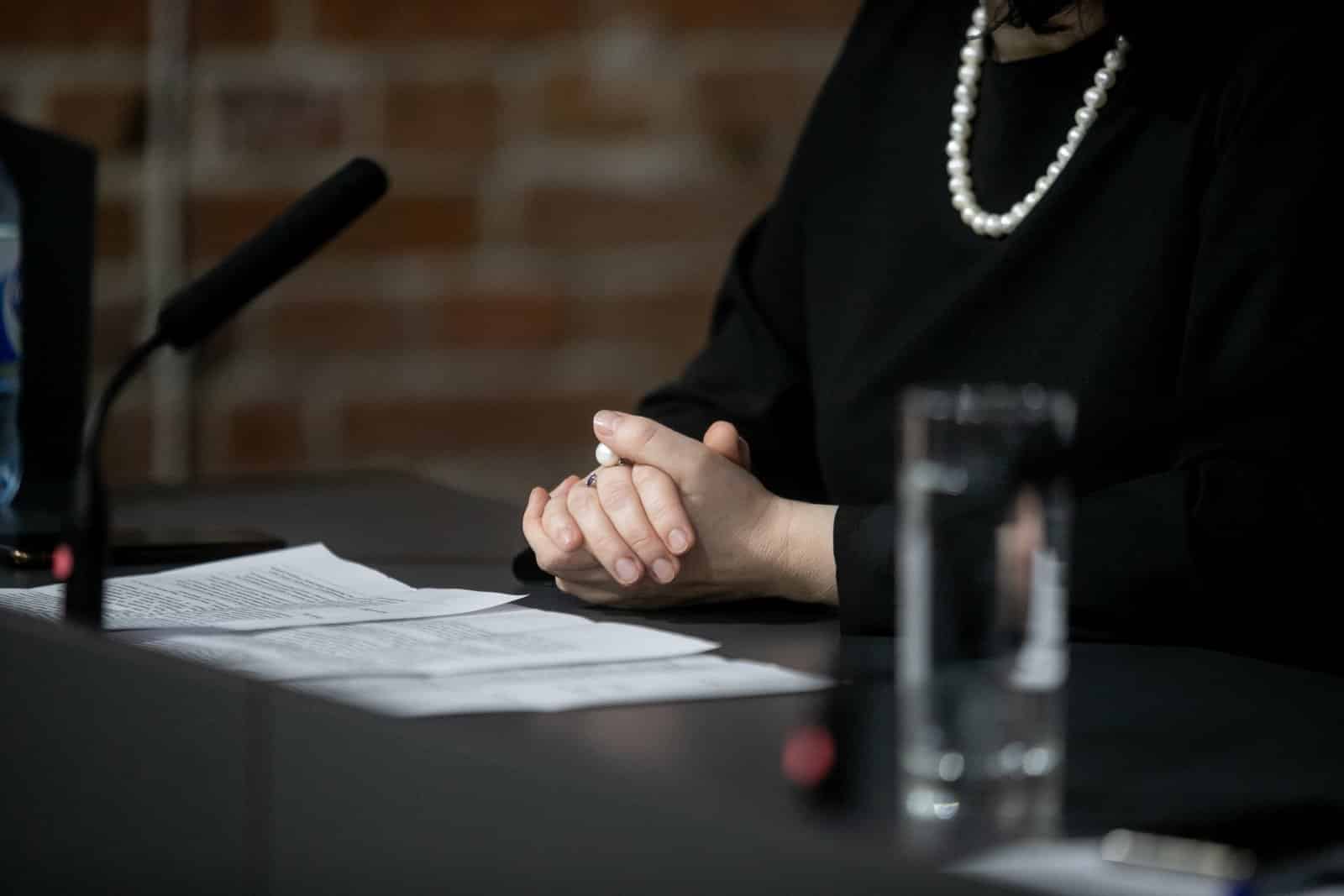
The pair, standing side by side due to the random drawing of lots, quickly turned the debate into a battleground.
Rayner’s Counterattacks

Mordaunt criticised Rayner on issues ranging from the nuclear deterrent to immigration and taxes. At the same time, Rayner highlighted the Conservative Party’s economic missteps, using her time to remind viewers of the current government’s failures.
A Moment of Humor

One of the few jokes of the night came from the Green Party’s Carla Denyer, who, following a particularly heated exchange between Rayner and Mordaunt, quipped, “Well, that was terribly dignified, wasn’t it?”
Slick Handling

Though each representative occasionally struggled to be heard, two politicians stood out for their slick handling of the occasion.
Denyer’s Applause

Denyer, the co-leader of the Green Party, received applause for her comments on a number of topics, including the environment, immigration, and the future of left-wing politics in the UK.
Flynn’s Focus
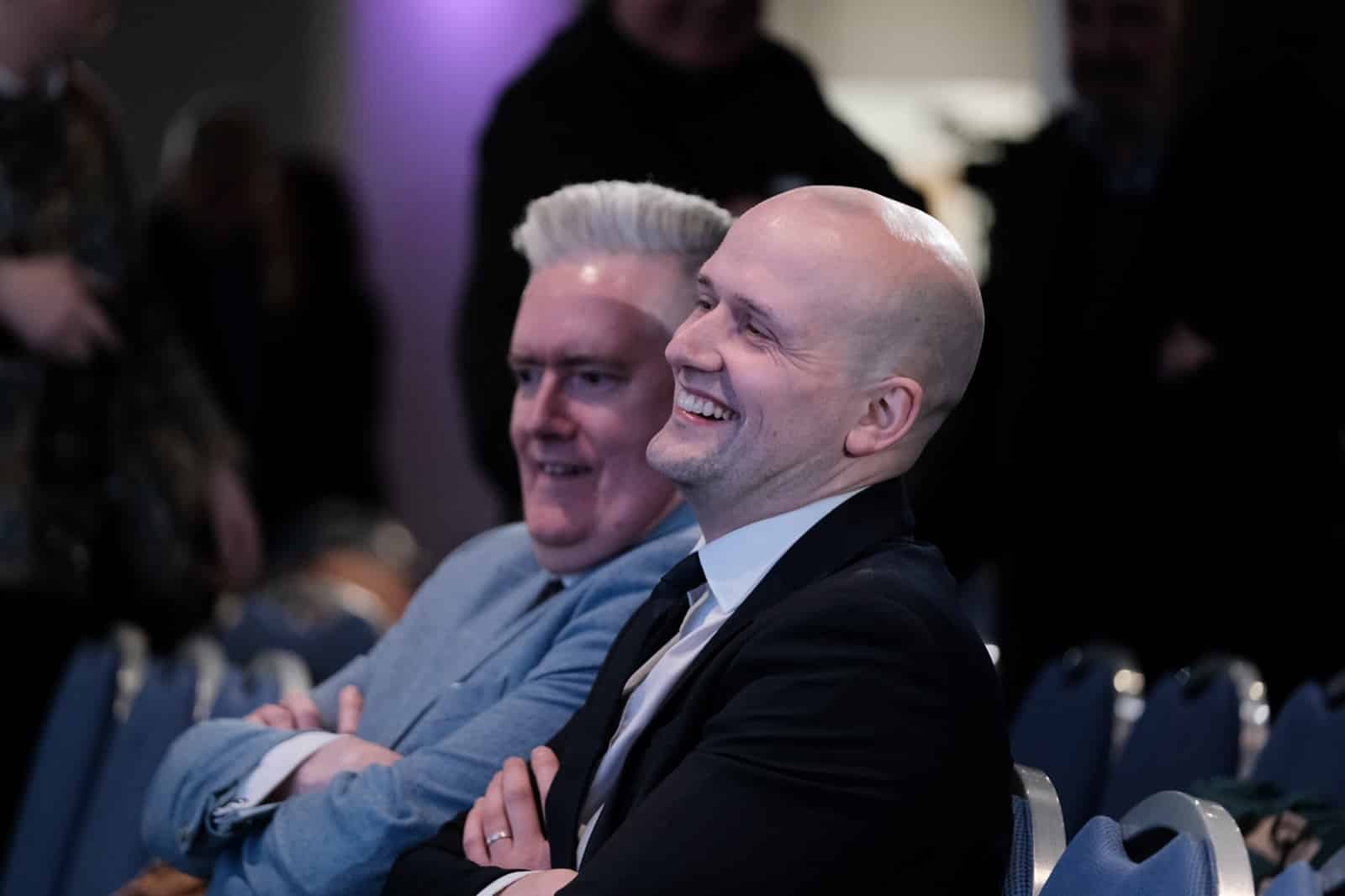
Similarly, Stephen Flynn, representing the Scottish National Party (SNP), made a notable impression by focusing on public service cuts and the implications of Brexit.
Scottish Student Highlight

He highlighted that students in Scotland did not pay tuition fees and emphasised the essential role of immigration in supporting public services and businesses.
Farage Under Fire
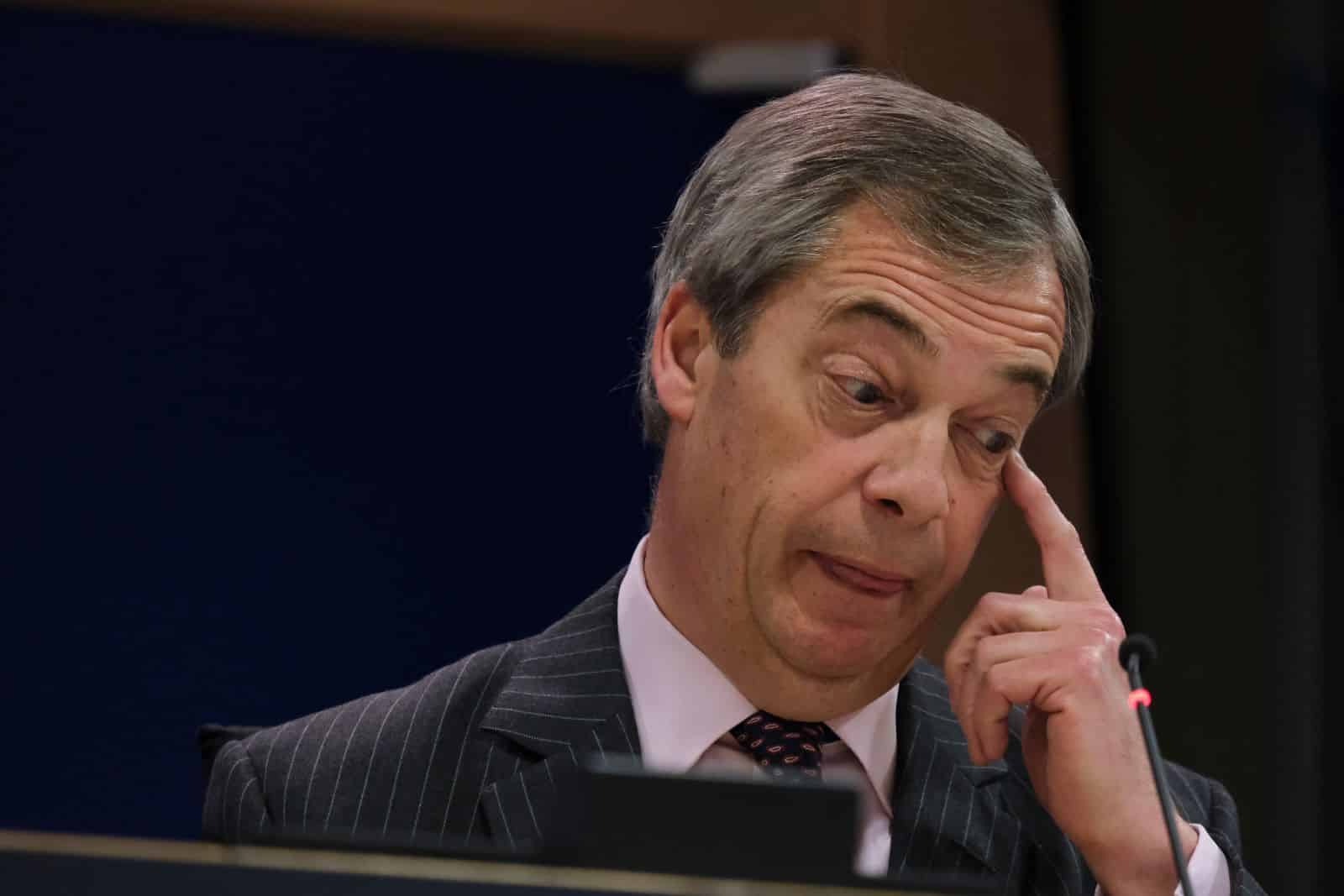
Flynn also addressed Brexit, criticising Nigel Farage as a “snake oil salesman” and calling out Labour’s silence on the topic, both of which were among the most applauded moments of the evening.
Farage’s Challenges
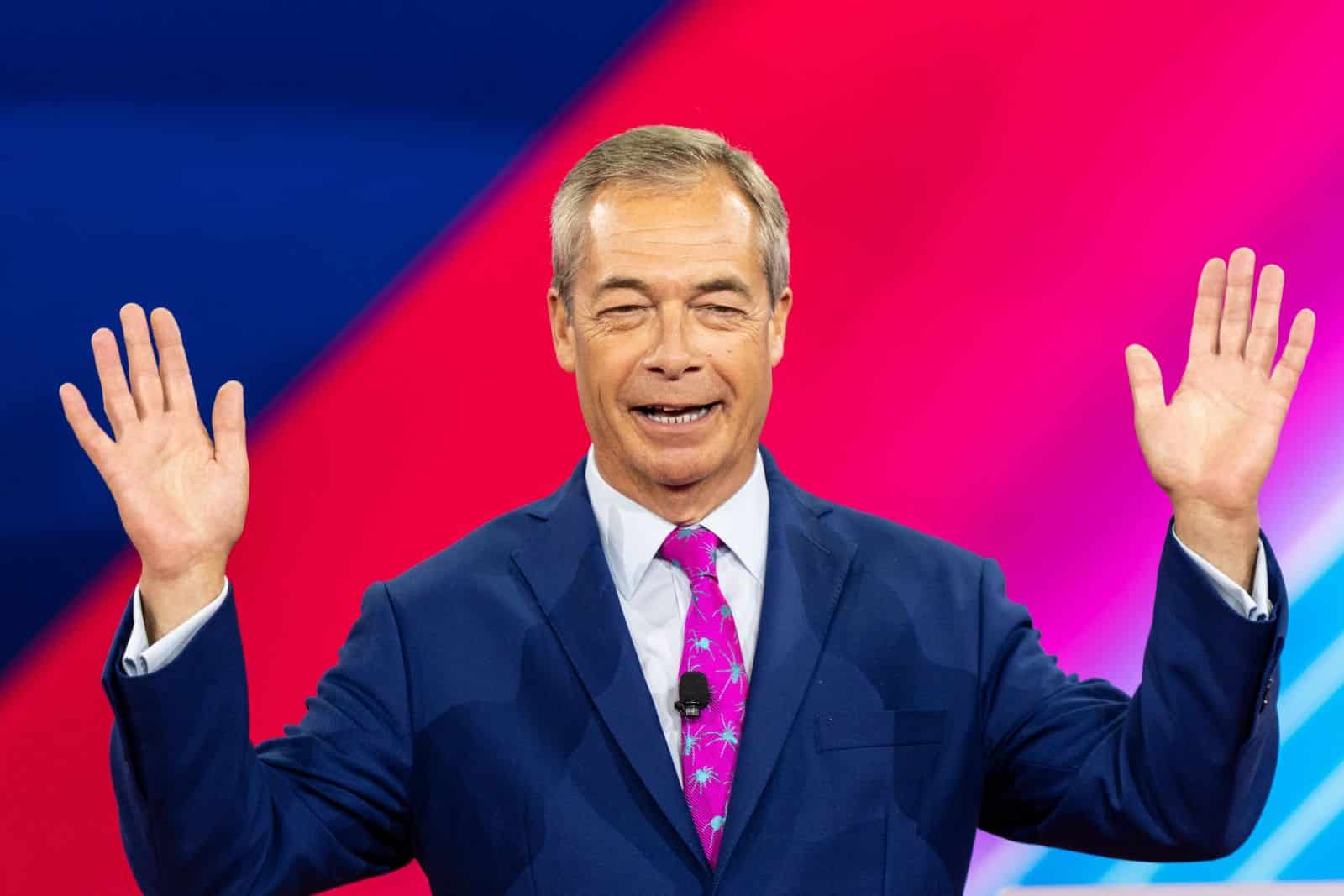
Nigel Farage had the most challenging job of the night and did not rise to the occasion, as he repeatedly found himself the target of criticism from multiple participants.
Denyer’s Accusation

The Green Party’s Carla Denyer accused him of being “cold-hearted” for his stance on immigration, while Plaid Cymru’s Rhun ap Iorwerth accused him of exploiting D-Day for personal gain.
Farage’s Defense
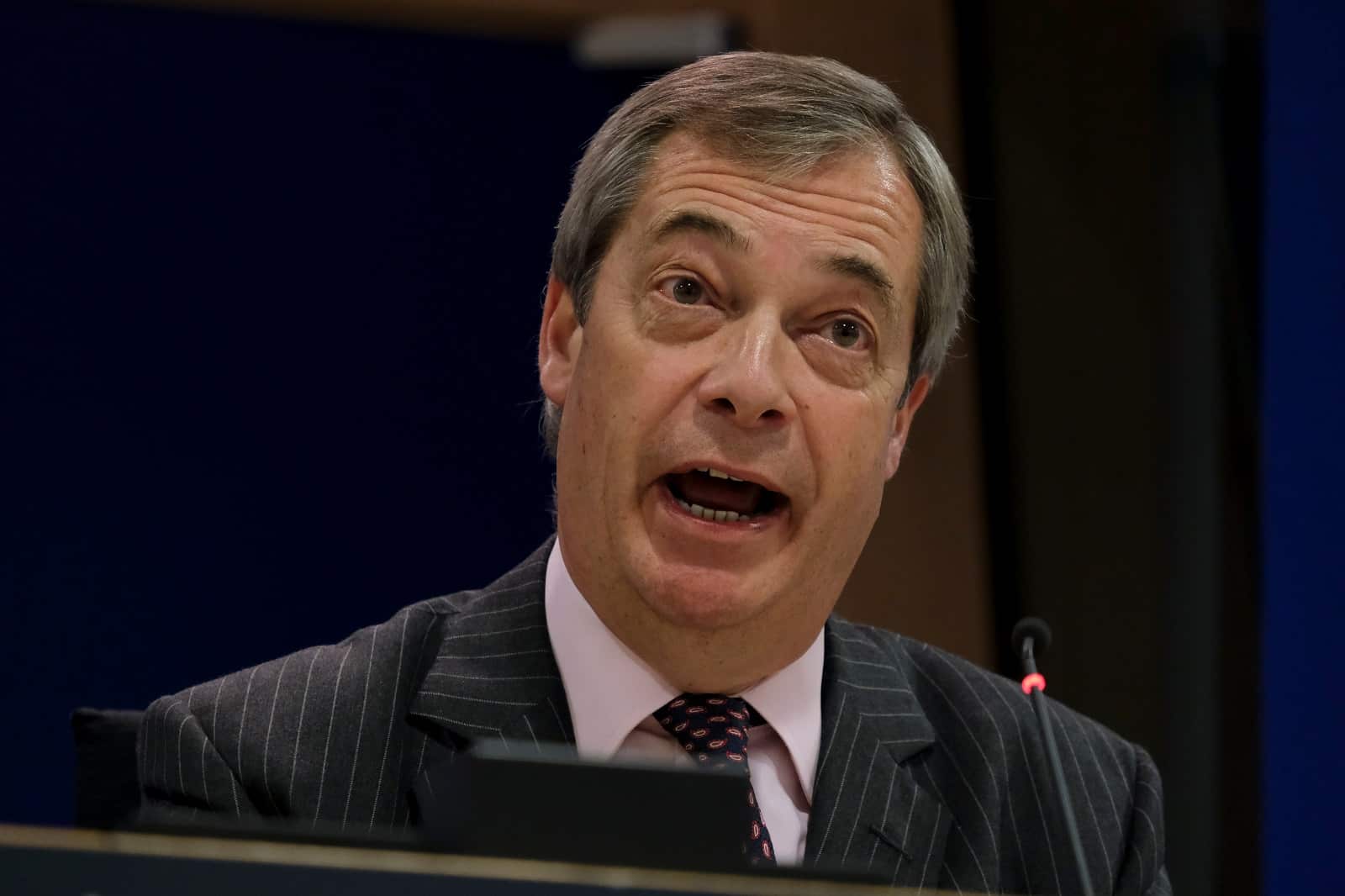
Farage, defending himself, argued that he was the sole voice advocating against a “population crisis” due to immigration.
NHS Blunder
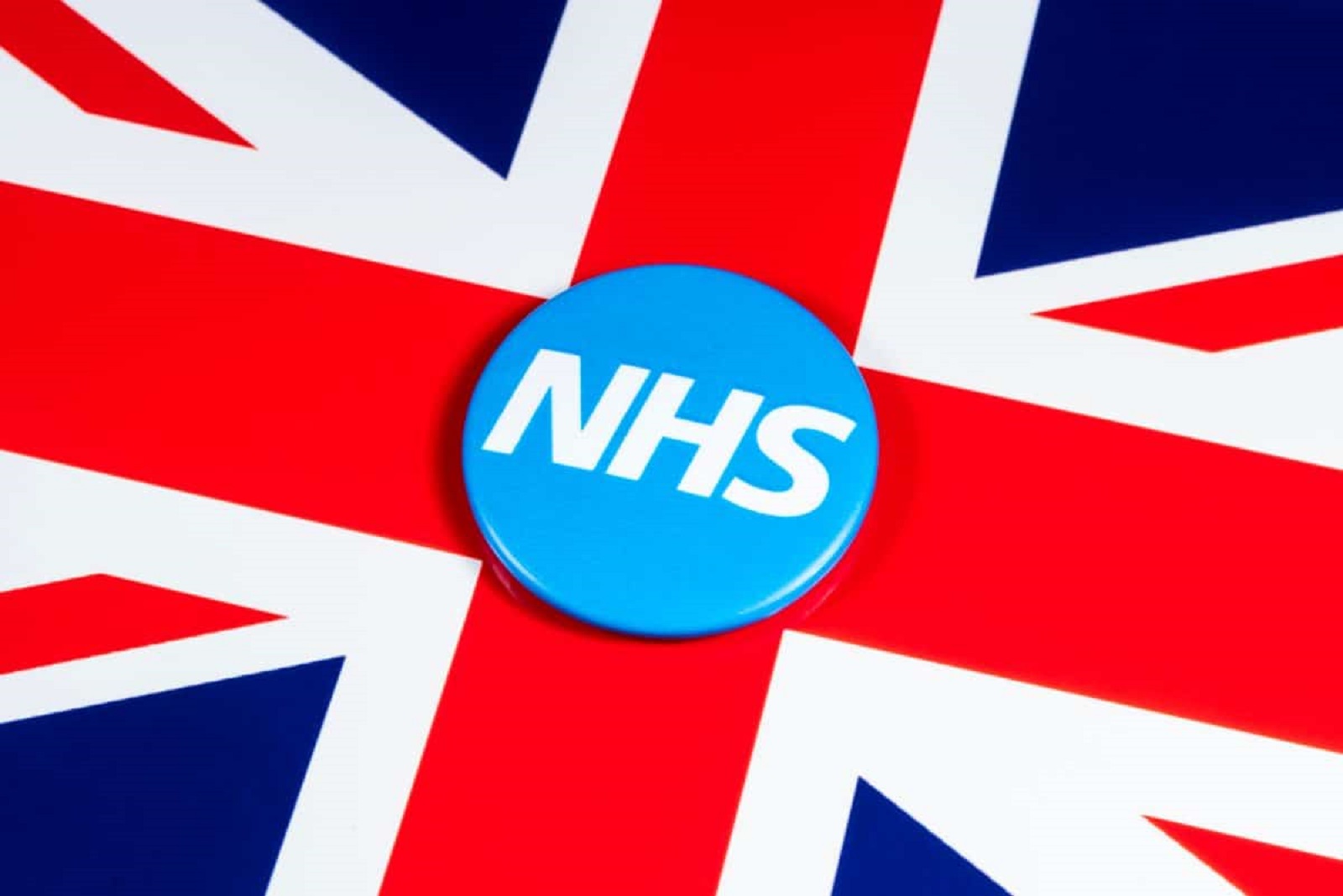
However, Farage made his greatest blunder when he suggested that the current model of the NHS was ineffective.
Flynn’s Seizing Moment
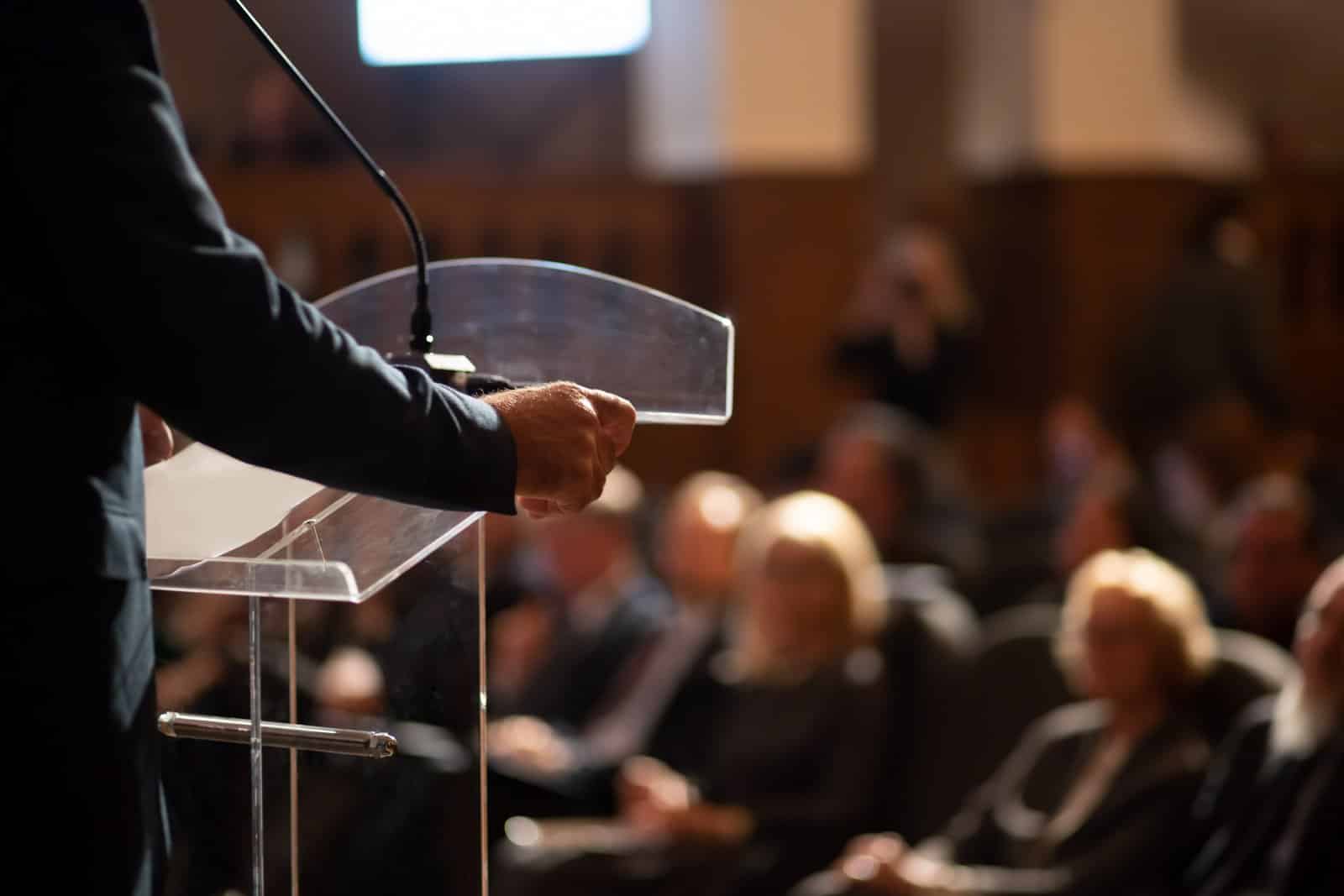
Stephen Flynn expertly seized upon this, alienating Farage from the audience, which met his pronouncement with stunned silence.
Cooper’s Struggle
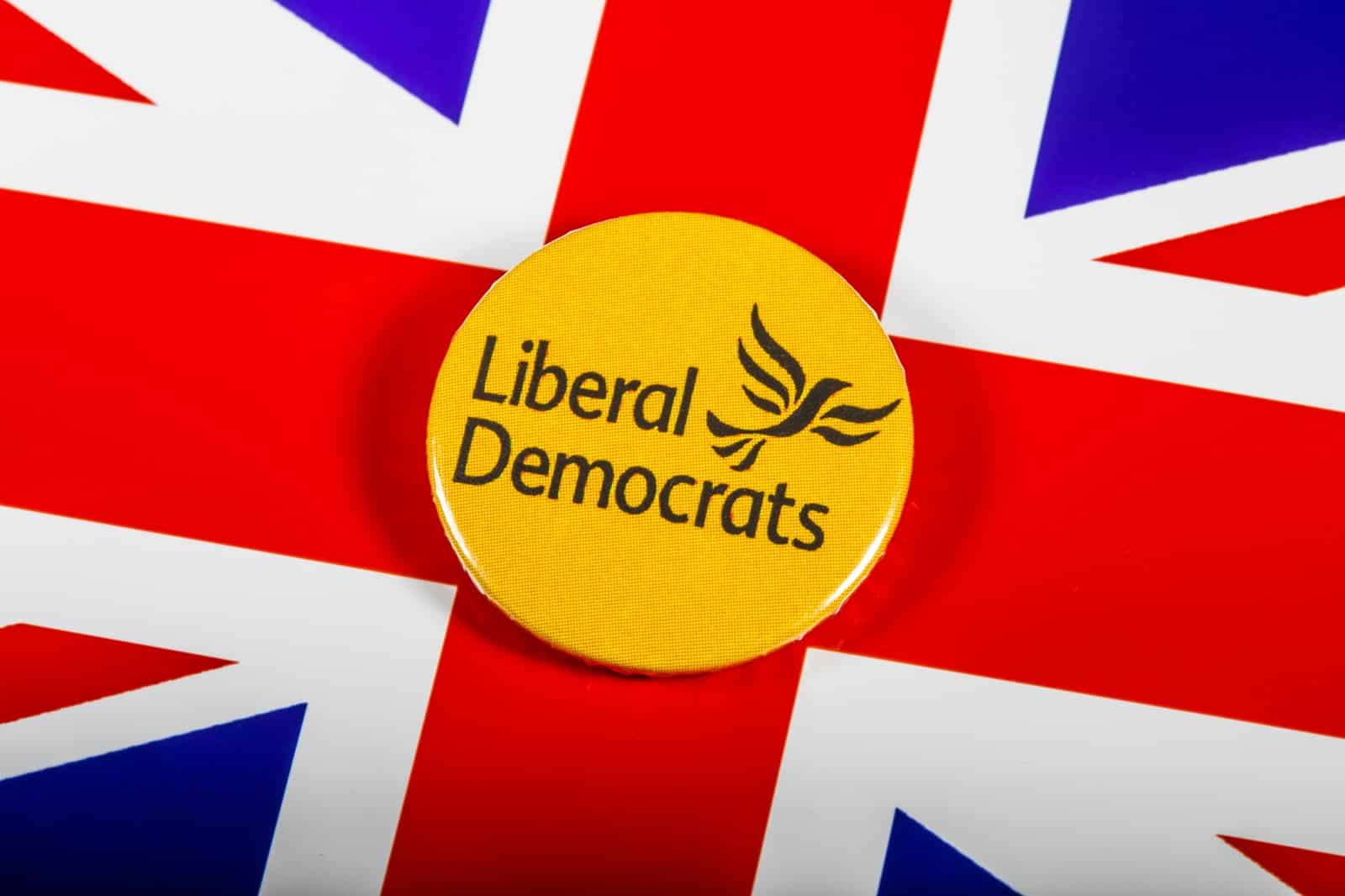
While the polls seem to show that the Liberal Democrats could do well in the upcoming election, especially for liberal Conservative voters who would not want to vote for Reform, Daisy Cooper of the Liberal Democrats had a difficult time acknowledging her party’s controversial decision to support an increase while in coalition with the Conservatives in 2010.
Reflecting on Controversy
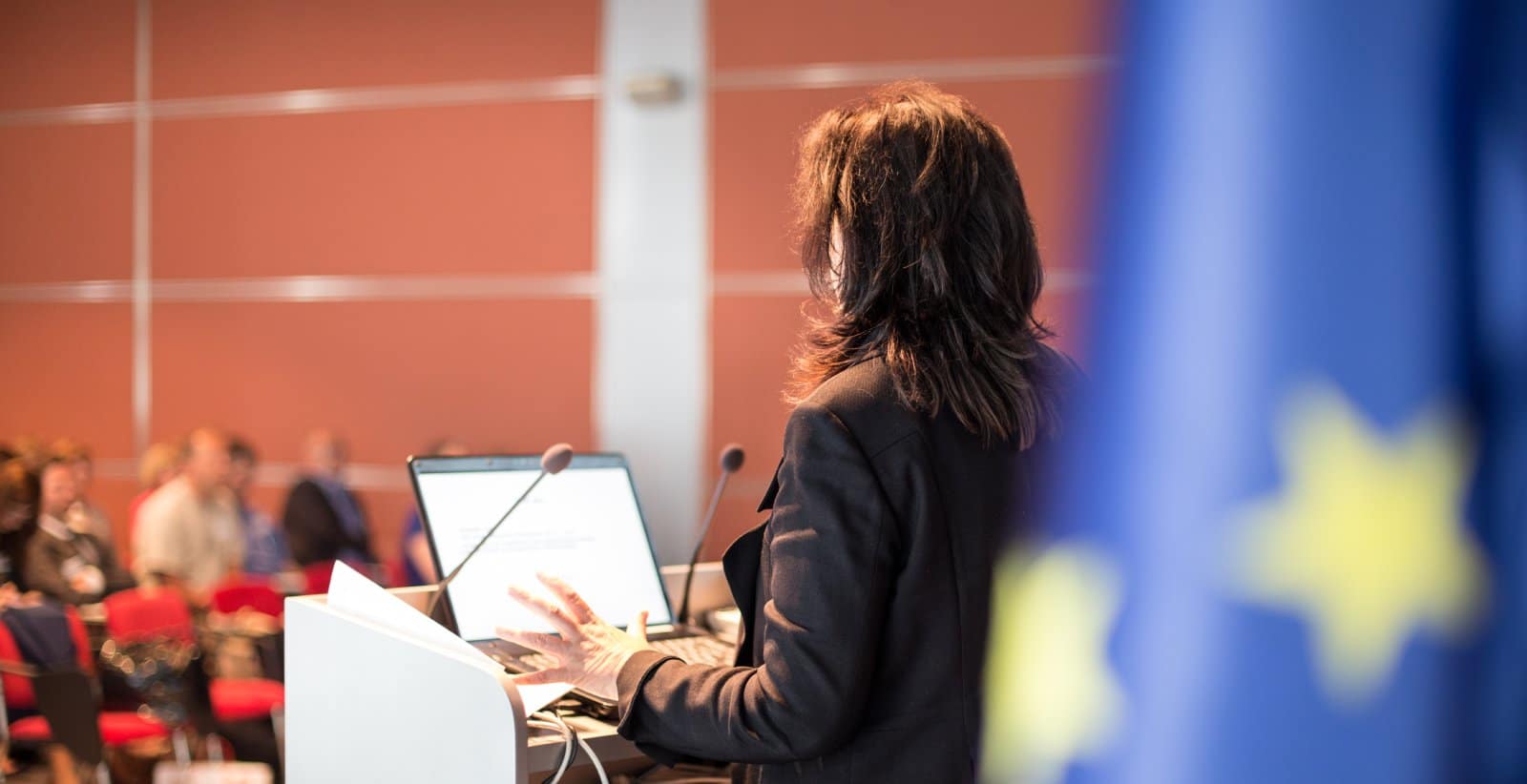
Cooper described the issue as a “sore subject” and admitted the difficulty of the decision.
Long-lasting Impact

She reflected on its long-lasting impact on her party’s reputation, though only time will tell if voters’ memories will go that far back in the recent past when casting their ballots.
Labour Poised to Win
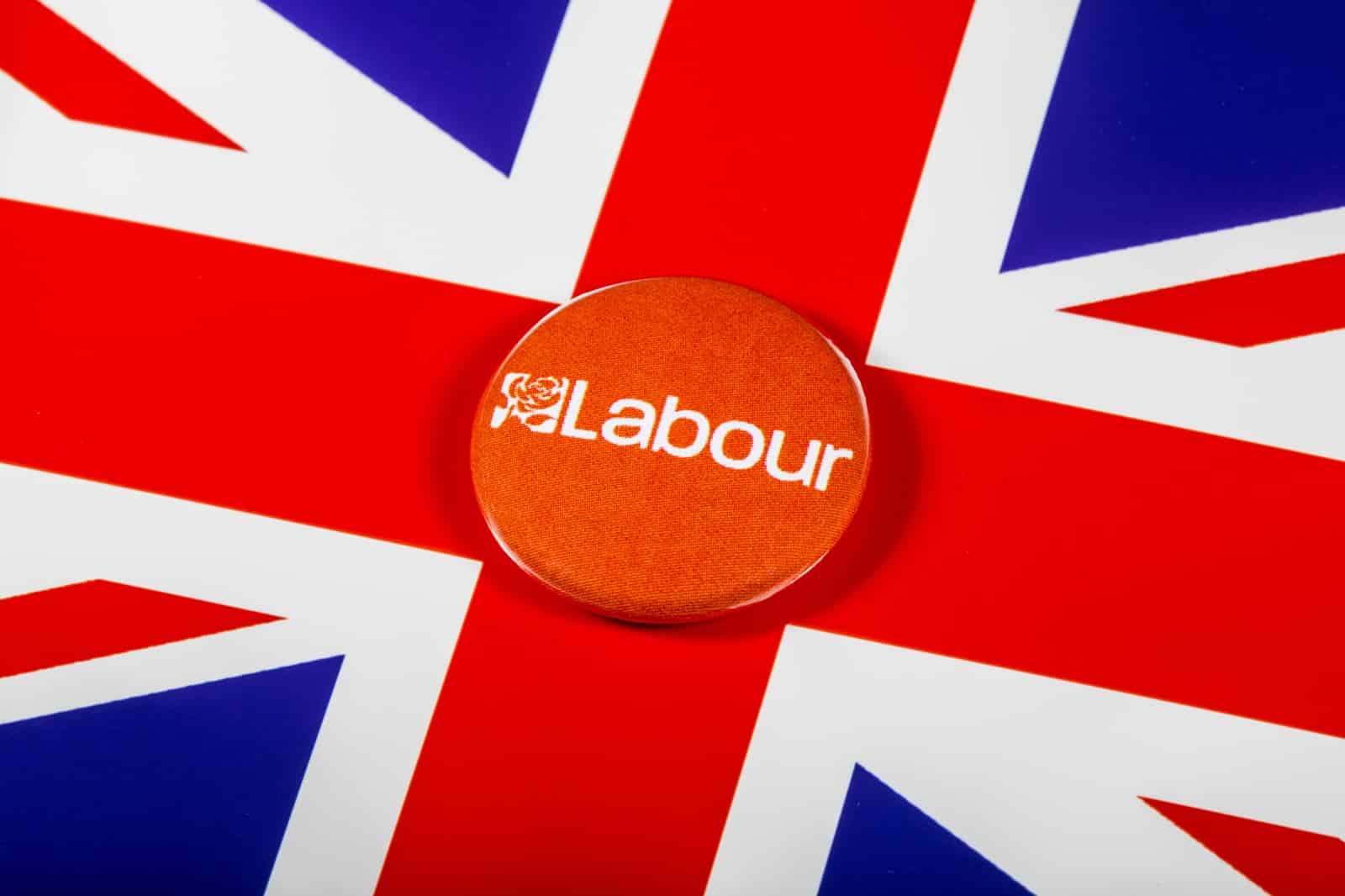
The most striking part of the debate was the general acceptance among all the smaller parties that Labour is poised to win the upcoming election.
Conservatives “Finished”

Stephen Flynn of the SNP and Rhun ap Iorwerth of Plaid Cymru stated that the Conservative Party was “finished,” and Nigel Farage predicted a Labour victory, framing the debate as a contest for the role of opposition in the next Parliament.
Risks for Labour
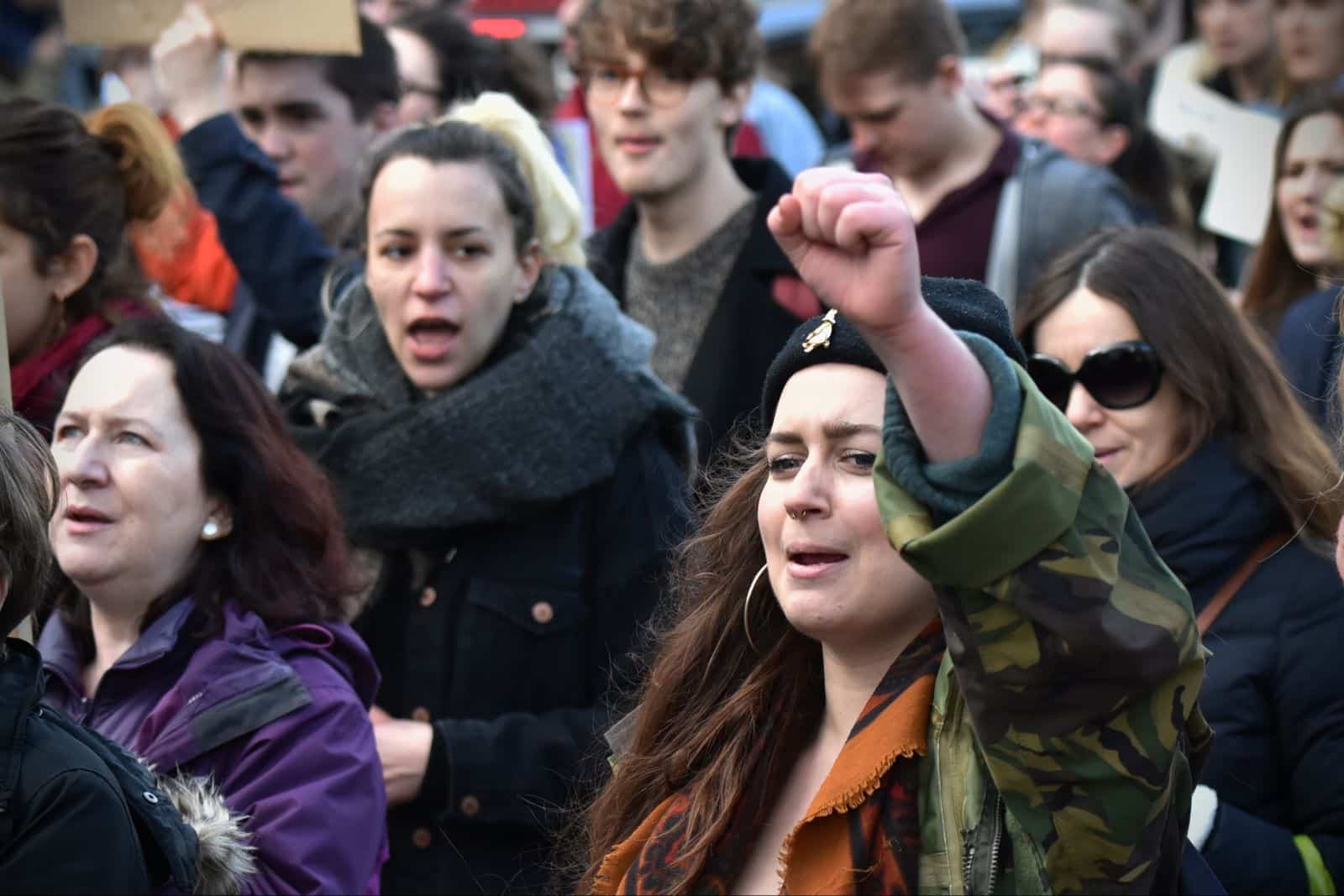
This sentiment reflects a broader narrative that has emerged in the lead-up to the election, with many viewing a Labour victory as inevitable.
More Heat than Light
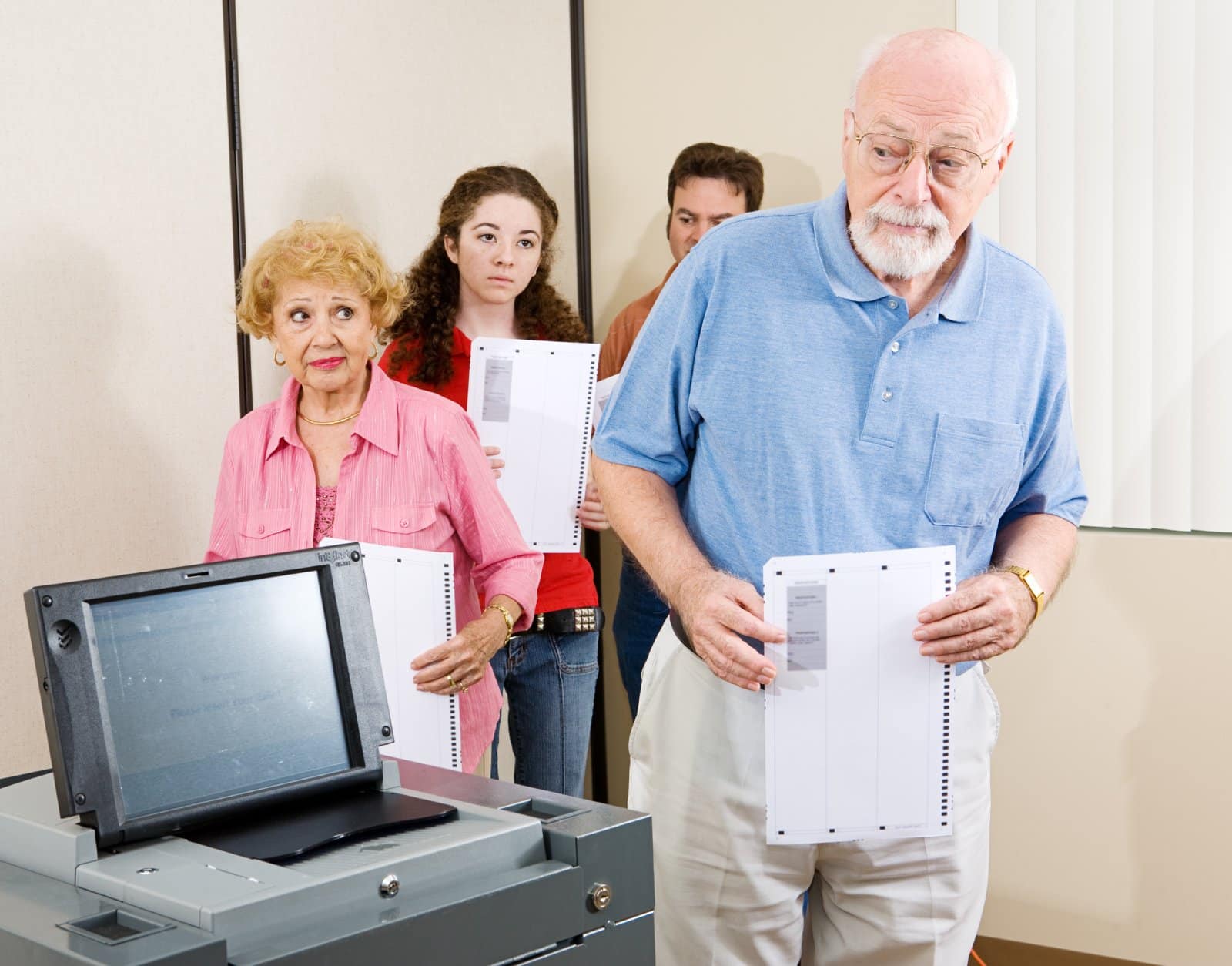
However, this perception has risks for Labour, as it could lead to voter complacency and lower turnout on election day.
Convincing Voters?
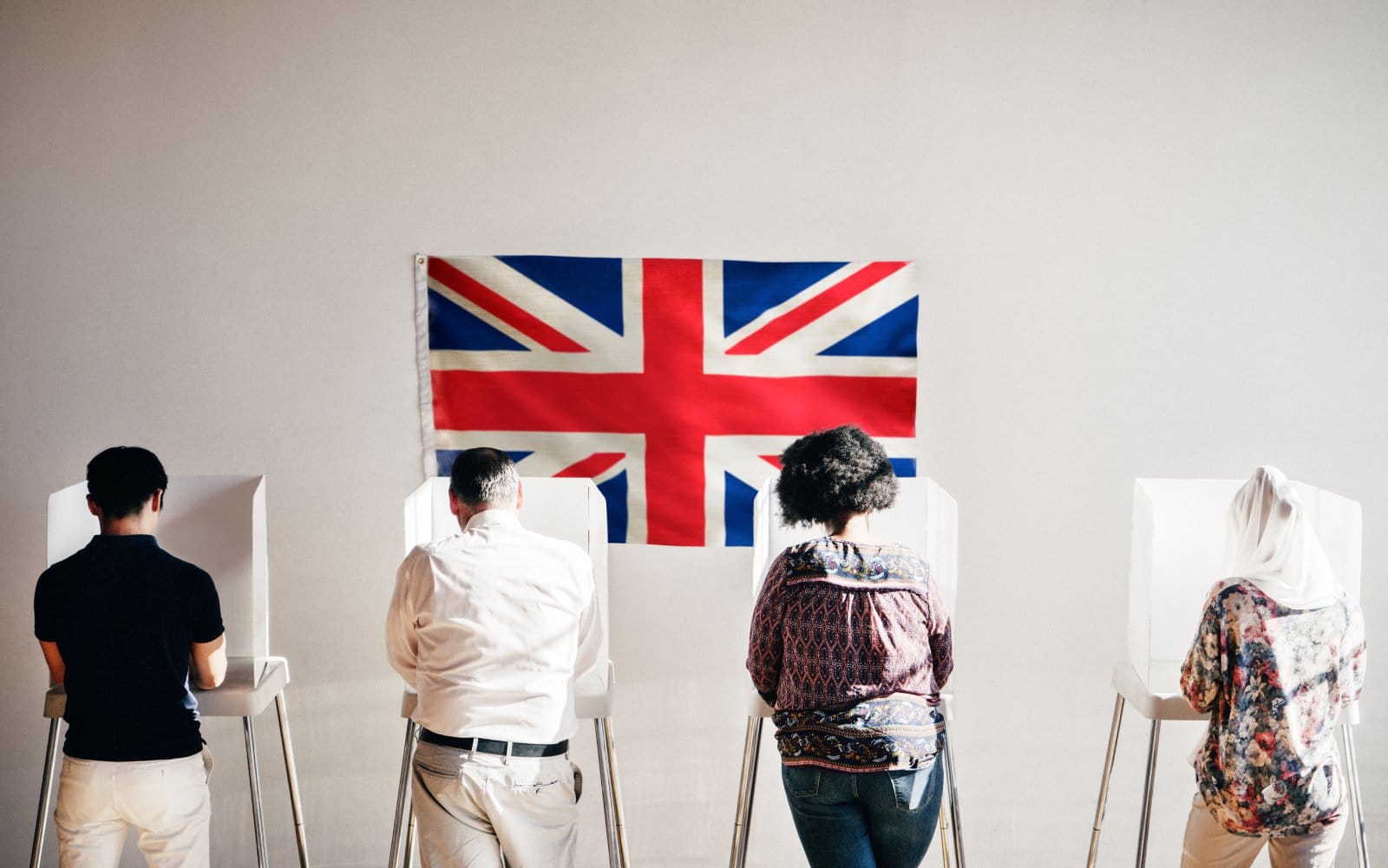
The BBC’s seven-party election debate, though entertaining for politics fans, generated more heat than light. It remains to be seen if any of the representatives convinced voters to change their allegiance ahead of the rapidly approaching general election.
25 Things You CAN’T Talk About Anymore
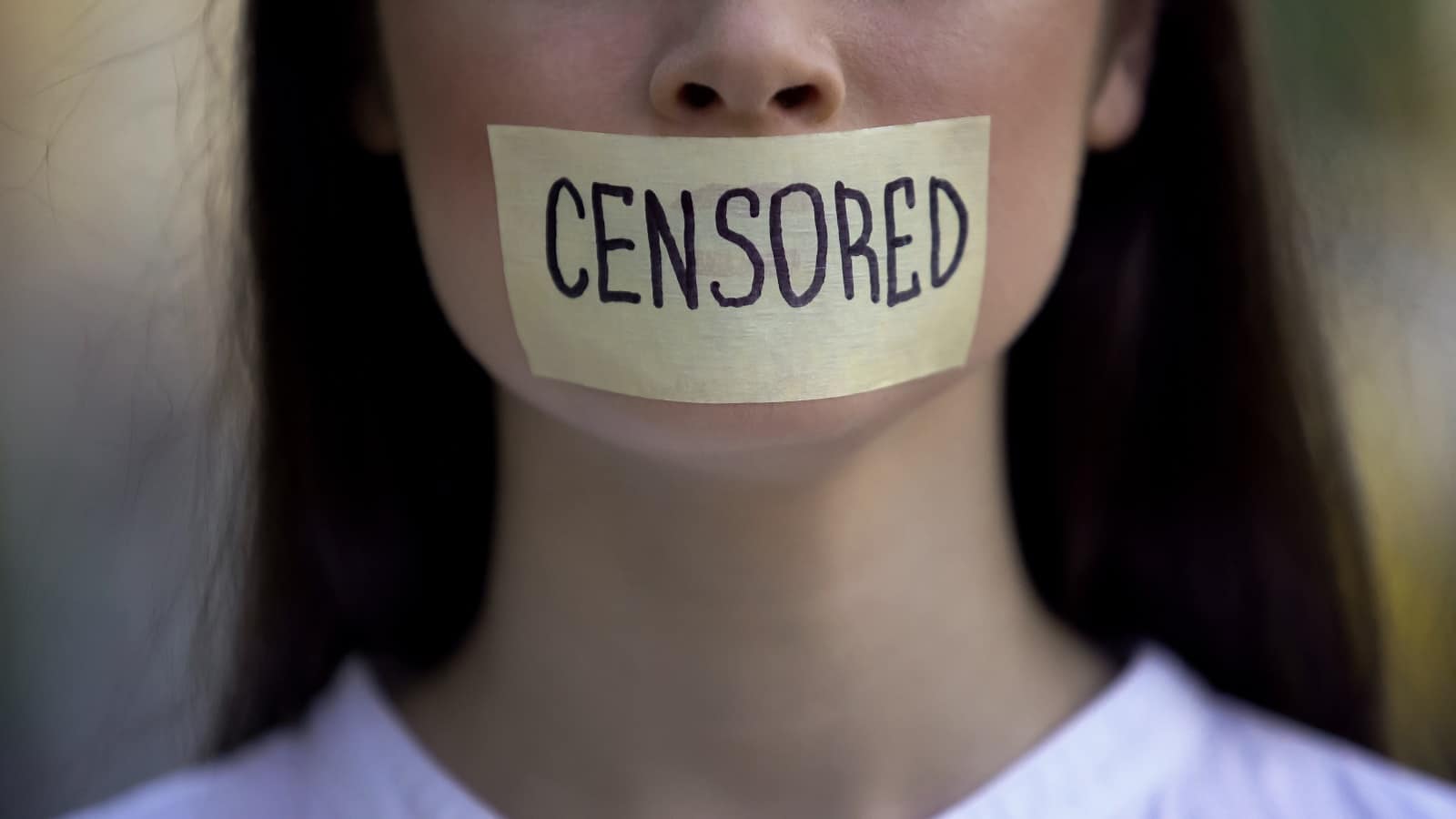
Remember the days when you could freely discuss just about anything without fear of sparking controversy? Well, those days are long gone. In today’s hyper-sensitive world, there are topics so fraught with tension that even mentioning them can lead to heated debates and hurt feelings. 25 Things You CAN’T Talk About Anymore
Stranded: 15 Worst British Cars in History
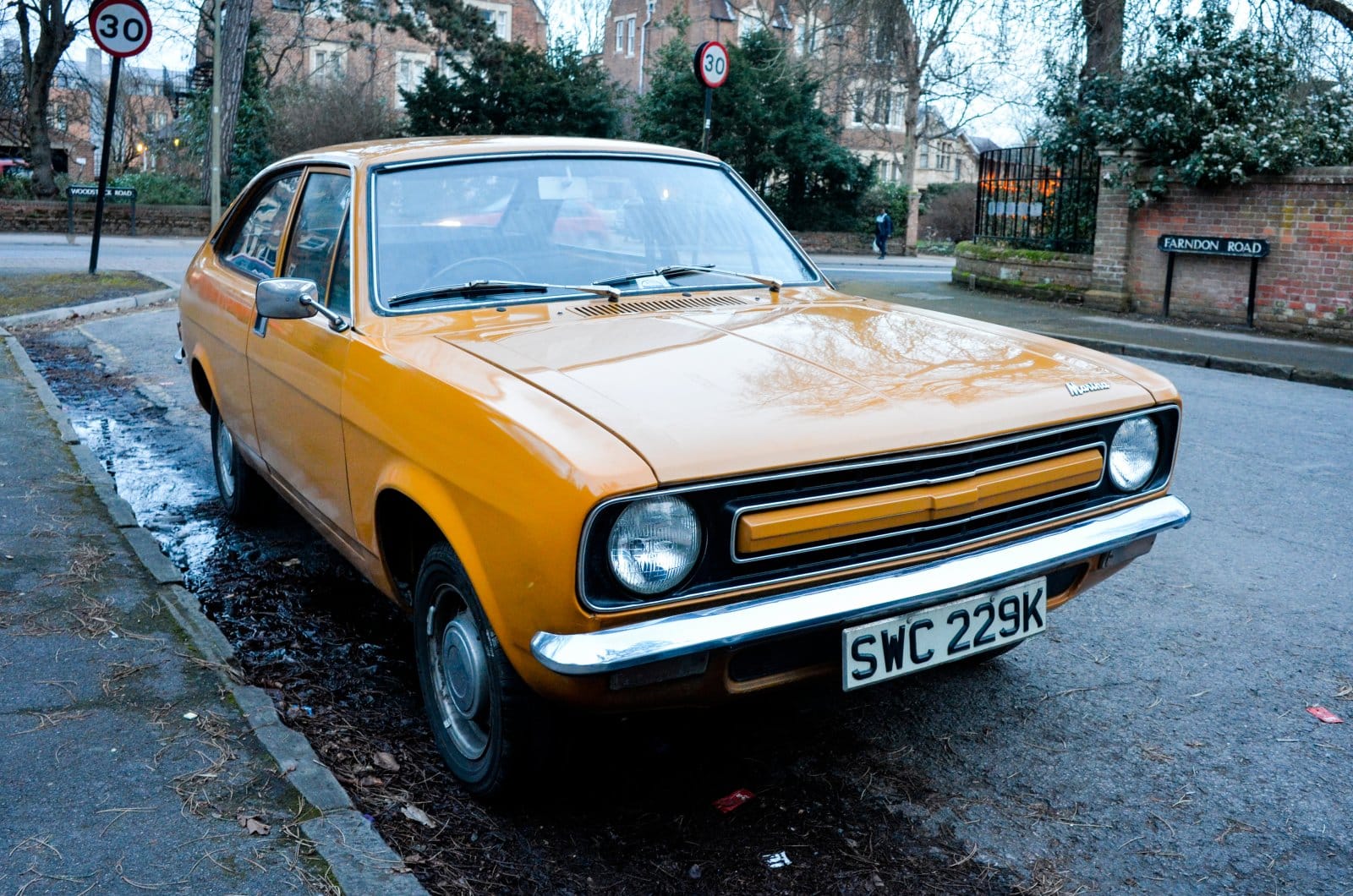
Ever had a car that spent more time with the mechanic than on the road? A car that turned every journey into a game of “Will we actually get there?” If so, you might just see a familiar face (or should we say, chassis) in our countdown to the most unreliable British car in history. Stranded: 15 Worst British Cars in History
“Britain Will Become Unrecognizable” – Suella Braverman Spells Disaster for UK Amid Steep Rise in Visas Issued

Former Home Secretary Suella Braverman has warned that Britain will become “unrecognizable,” criticizing the amount of work visas the Home Office has approved, despite only being removed from her role in November. “Britain Will Become Unrecognizable” – Suella Braverman Spells Disaster for UK Amid Steep Rise in Visas Issued
20 Things From the ‘70s That Are Not OK Today
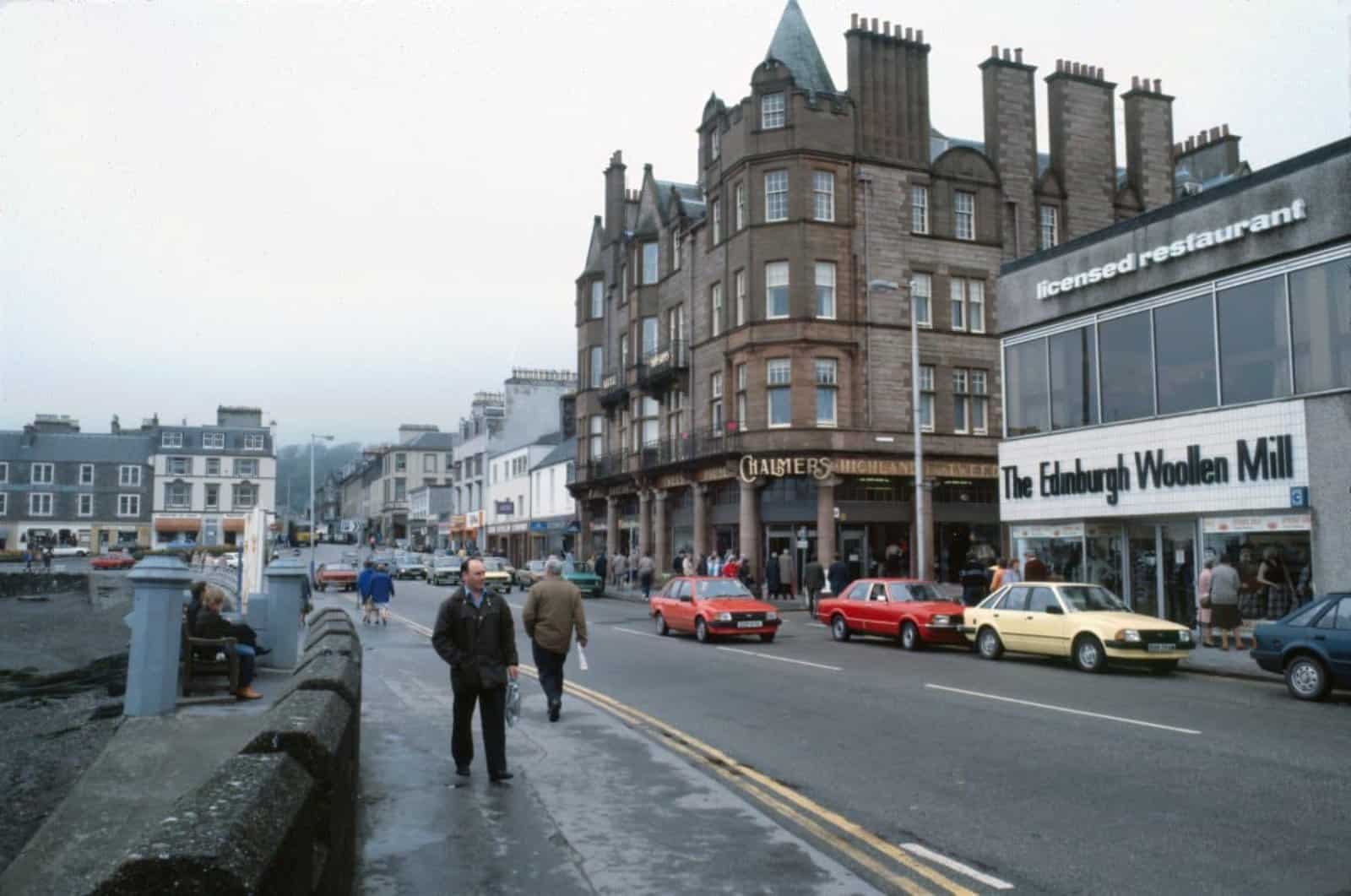
Step into the time machine and set the dial to the 1970s, a decade of disco, bell-bottoms, and some rather questionable choices. While the ’70s gave us iconic music and groundbreaking TV, not everything from this groovy era would get a green light today. 20 Things From the ‘70s That Are Not OK Today
20 Best and Worst Universities in the UK
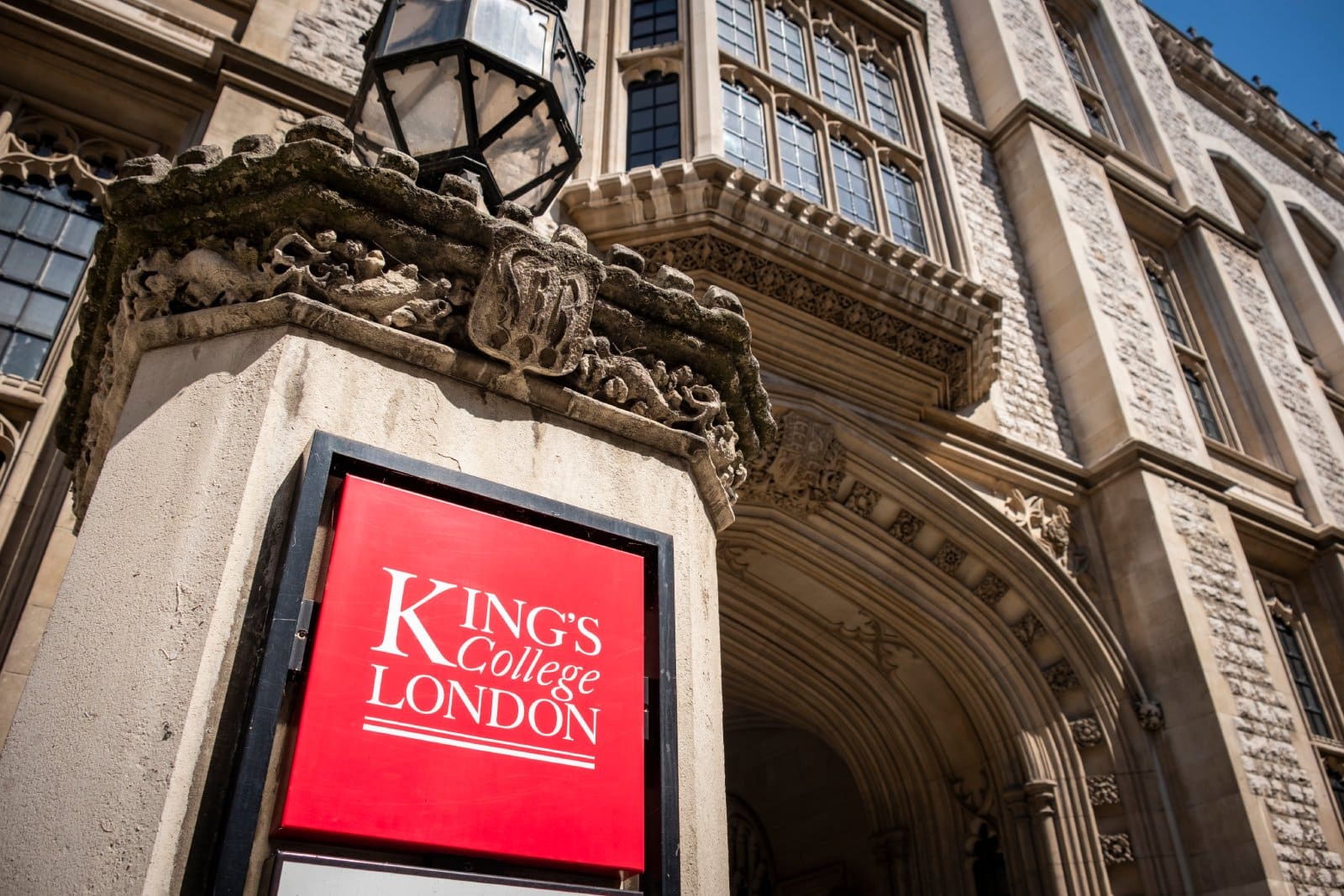
Navigating the UK university landscape is like deciphering a complex code of rankings, reviews, and reputations to uncover where you’ll not just learn, but truly flourish. Whether you’re drawn to the historic halls of Oxford or the creative buzz of Goldsmiths, finding your perfect fit is about aligning your aspirations with the unique offerings of each institution. 20 Best and Worst Universities in the UK
The post All Hot Air: BBC Debate Fails to Deliver first appeared on Edge Media.
Featured Image Credit: Shutterstock / Rupert Rivett.
Grant Gallacher is a seasoned writer with expertise in politics and impactful daily news. His work, deeply rooted in addressing issues that resonate with a wide audience, showcases an unwavering commitment to bringing forth the stories that matter. He is also known for satirical writing and stand up comedy.

